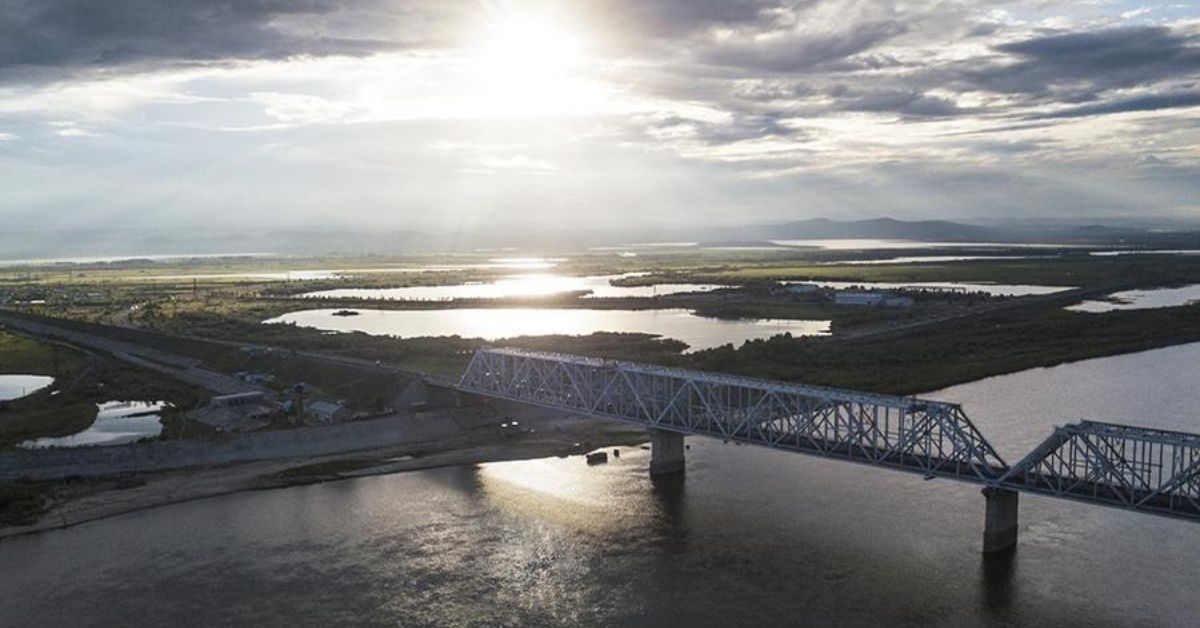Rostislav Goldstein, the Governor of Russia’s Jewish Autonomous Region, which borders China, has said that commercial traffic on the new railway bridge between Russia and China across the Amur River will begin in August this year.
Construction of the 2,200-meter bridge between Nizhneleninskoye in Russia and Tongjiang city in China began in 2014, underlining Russia’s move to develop ties with China.
“We need to finish building a technological line, so that the first test cars will pass in August, and next year we will complete the entire infrastructure, which will include both the logistics part and the industrial part. Because the greatest value of this bridge is in the creation of industrial parks around the bridge area” he said.
Goldstein stressed that participation in the Russian Railways project is a guarantor of its implementation.
The bridge is expected to serve as an international goods transportation channel with an annual shipment volume of 25 million tonnes and 1.5 million passengers. The bridge itself is 2.2 km long, while the corresponding track infrastructure is 19.9 km long. Totals costs, split between China and Russia amount to US$355 million.
The Nizhneleninskoe-Tongjiang bridge is the first ever Russian-Chinese railway crossing over the Amur. The construction of the facility is financed by the Development Fund of the Far East and the Baikal Region by 25%, and by the Russian Direct Investment Fund (RDIF) through the Russian-Chinese Fund (CIC) for 75%.
The capital city of the Russian Jewish Autonomous Oblast is Birobidzhan and is linked to the Trans-Siberian railway. It has a population of about 75,000 with Yiddish the official language. Birobidzhan can be expected to develop as a major Chinese cross-border trading centre when the bridge opens for traffic.
Russia and China have pledged to increase their bilateral trade to US$200 billion by 2024, and infrastructure builds such as this are a prerequisite. China is also currently negotiating tariff reductions on goods traded between the two countries as part of the China-Eurasian Economic Union Free Trade Agreement.
Source : Russia-Briefing







